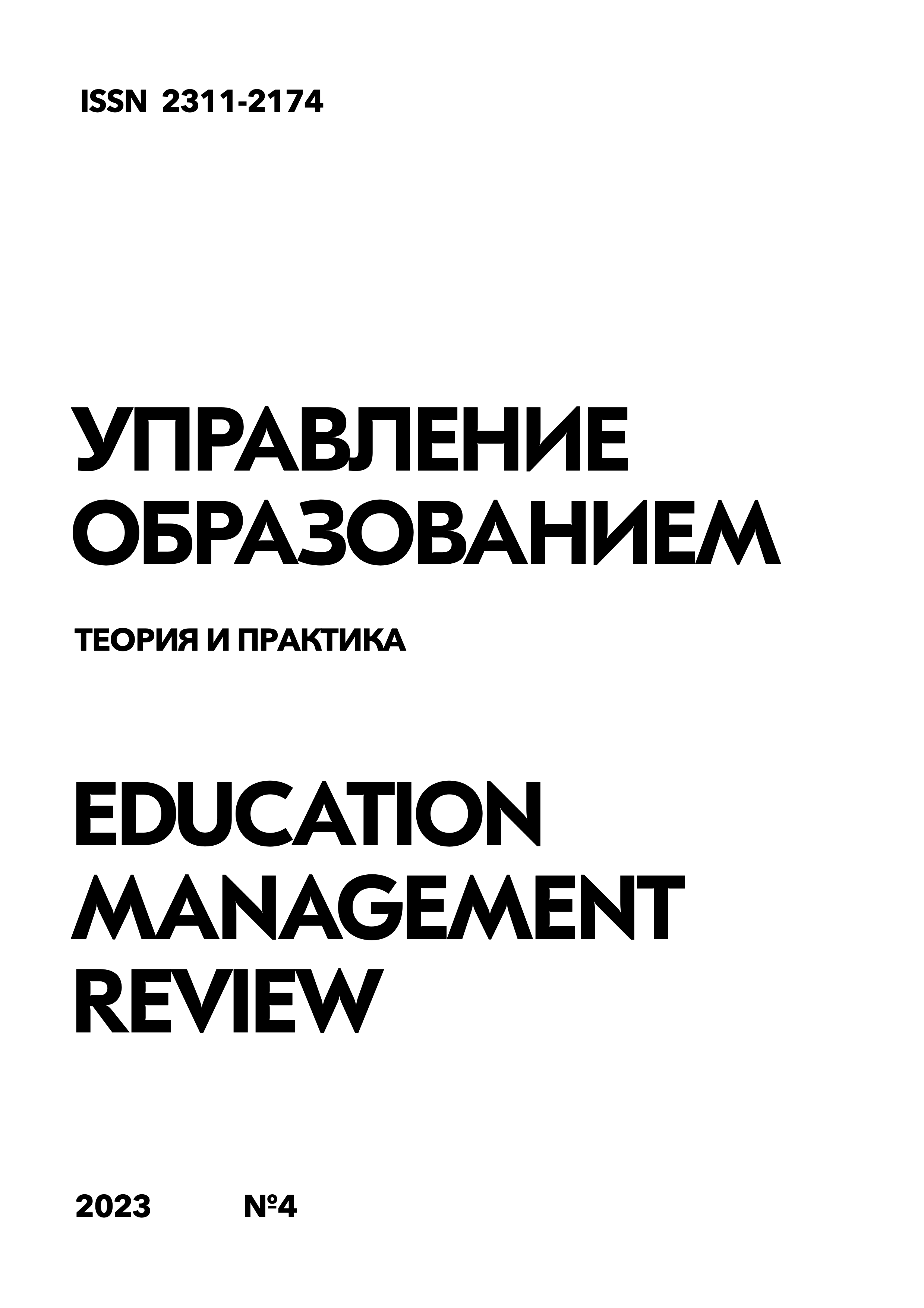The Working Models of Digital Skills Training for Higher Education Teachers
DOI:
https://doi.org/10.25726/z6664-2757-1410-bKeywords:
digitalization of the educational environment, digital literacy, digital competencies, digital skills in the professional environment, models of digital competencies, innovative models of teaching digital skillsAbstract
The rapid development of technology in recent years has led to the emergence of new professions and the disappearance of traditional ones. According to various reports and forecasts, the labor market will undergo significant changes in the next decade, with many future professions directly or indirectly related to digitalization and robotization. This means that the education sector in particular must prepare to train and retrain its teachers to keep up with the rapidly changing digital landscape. In the context of the “Fourth Industrial Revolution”, there is an urgent need for higher education institutions to pay attention to the formation of a digital culture and promote the development of digital skills among their teaching staff. This is because educators play an important role in shaping the next generation of students who will be at the forefront of technological development. The rapid pace of digitalization has outpaced the development of the skills needed to use digital technology in education. This raises important questions about how to prepare students to become leaders in this progressive development of the world, and how to prepare and retrain higher education faculty so that they have the necessary digital skills and competencies. This article presents modern working models of digital technology training for higher education teachers who deliver lectures in Bachelor's programs 09.03.02 Information Systems and Technologies and 10.03.01 Information Security. The article discusses the working models of teaching digital skills to the teaching staff of higher educational institutions in the areas of training 10.03.01 "Information Security" and 09.03.02 "Information Systems and Technologies". It discusses the importance of both "hard" and social skills, including interprofessional competencies, in the digital age. The article highlights the need for a balanced approach to the development of digital skills and social skills such as teamwork, communication and emotional intelligence. The conclusions of the article will be of interest to managers, faculty of higher educational institutions and business schools, as well as companies providing educational solutions in the field of additional professional education. It will also be relevant for educators of all levels in the Russian Federation seeking to adapt to the new era of the Fourth Industrial Revolution. The article presents innovative digital skills teaching models that can help higher education institutions meet the challenges of the digital age, as well as promote the responsible use of technology.
References
Атлас новых профессий 3.0. Под ред. Д. Варламовой, Д. Судакова. М.: Альпина ПРО, 2021. 472 с.
Буцык С.В. Программы развития информационно-коммуникационных технологий (ИКТ) в сфере образования Сингапура // Открытое образование. 2012. №1. С. 78-84.
Константинова Д.С., Кудаева М.М. Цифровые компетенции как основа трансформации профессионального образования // Экономика труда. 2020. Том 7. № 11. С. 1055-1072.
Лапыко Т.П., Тонких А.П., Данилова Т.В. Управленческие аспекты образовательной деятельности преподавателя вуза // Управление образованием: теория и практика. 2020. № 3(39). С. 57- 65.
Селевко Г.К. Современные образовательные технологии. Учебное пособие. М.: Народное образование, 1998. 256 с.
Стратегия цифровой трансформации отрасли науки и высшего образования. https://www.minobrnauki.gov.ru/documents/?ELEMENT_ID=36749
Щедровицкий П.Г. В поисках формы// Иное. Том 2. 1995. Москва, С. 283-318.




